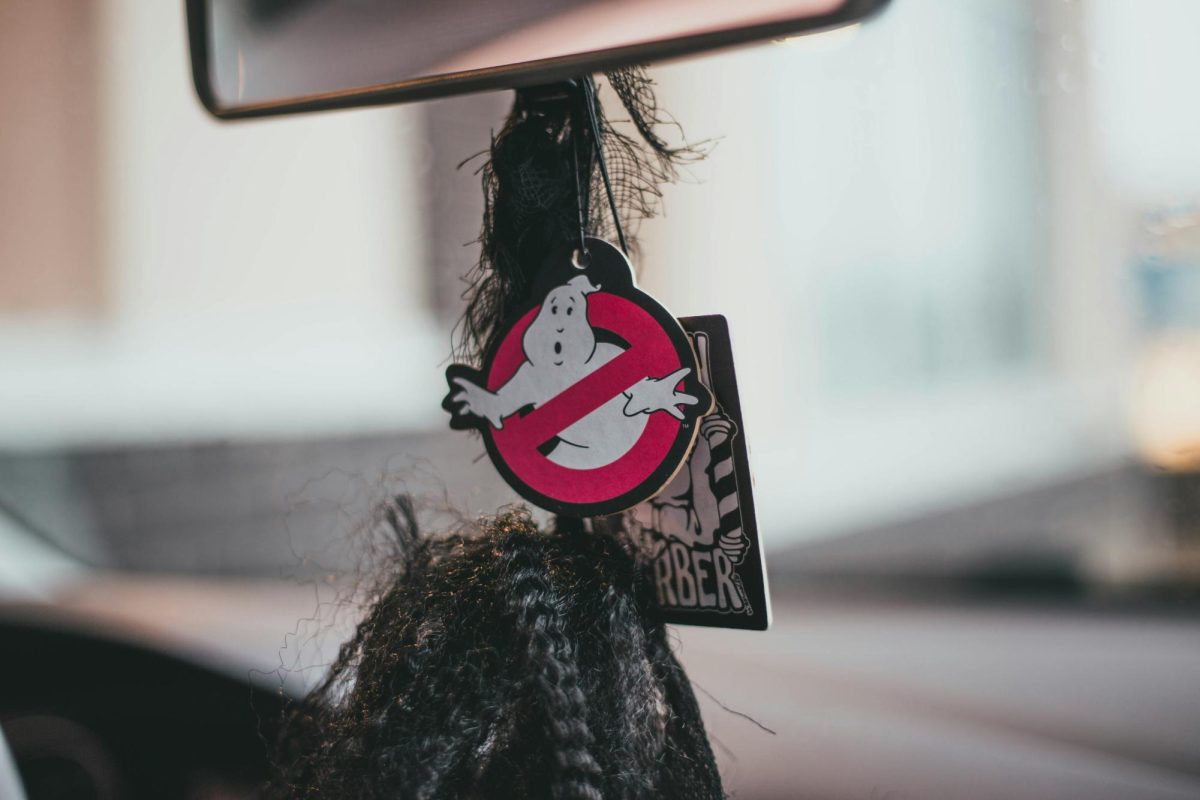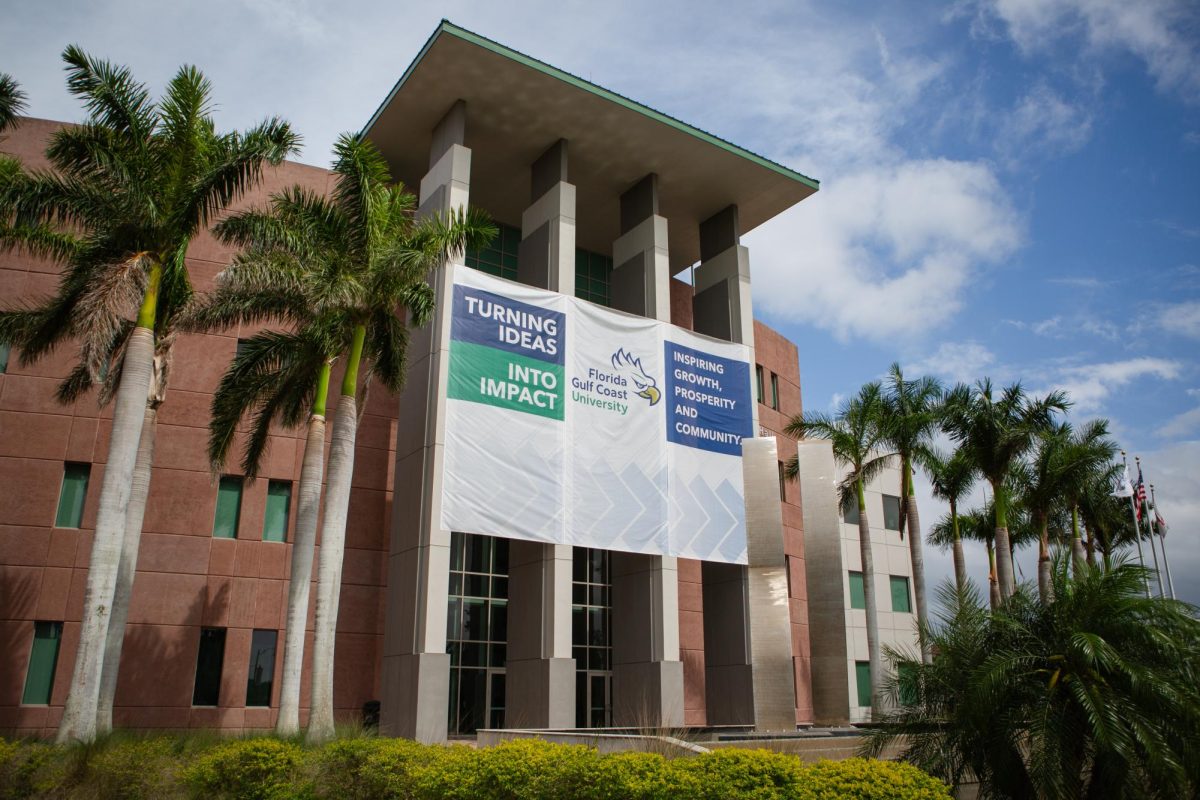By Karina Cashman
The newest Gillette article seems to have sparked some pretty intense controversy due to it supposedly bringing into question the masculinity of men, but when we take a closer look I don’t believe that’s the story here.
If you haven’t seen it, Gillette’s new ad touches upon the notion of toxic masculinity in a #MeToo world. It features all-too-common scenes like boys aggressively fighting in their backyards while dads watch on barbequing, catcalling and attempts at approaching and following women on the street, and an ever poignant “boys will be boys.” The ad demonstrates this type of behavior, which is so common and prevalent in our everyday society that hordes of men mistake it for Gillette attacking the concept of masculinity.
Mass amounts of men are stating that Gillette is “ruining” masculinity. In reality though, they’re attacking toxic masculinity.
While there is no strict definition for it, toxic masculinity is essentially a stereotypical form of masculinity in which men and boys are restricted emotionally. Furthermore, toxic masculinity places a social expectation on men to be dominant, traditionally masculine and, in some cases, aggressive.
For every man that swore to stop using Gillette after the ad aired, for every man who was outraged or felt targeted or felt that Gillette was ruining masculinity, there was a man who was under the repressive hold of toxic masculinity.
I don’t think the question is whether Gillette is targeting masculinity, I think the question is why don’t men understand the difference? How has masculinity and toxic masculinity become so interchangeable that a large group of people assume them to be the same? How is it that a sizable portion of the Gillette demographic identifies so much with acts meant to portray the concept of toxic masculinity in modern society that they felt they personally were being attacked?
Gillette brings into question men’s role in the #MeToo movement, specifically the type of behavior which makes the movement necessary, and while I don’t have all the answers as to the how and why we came to this point, I think one thing becomes very clear in times like this: The outcry that the Gillette ad produced is exactly why we need more ads like that. If we’re in a place where targeting toxic masculinity is seen as targeting masculinity or men in general then we need to do better.
The outrage that the Gillette ad stirred up is simply proof that the ad is necessary and needed in the precarious point in history.



































